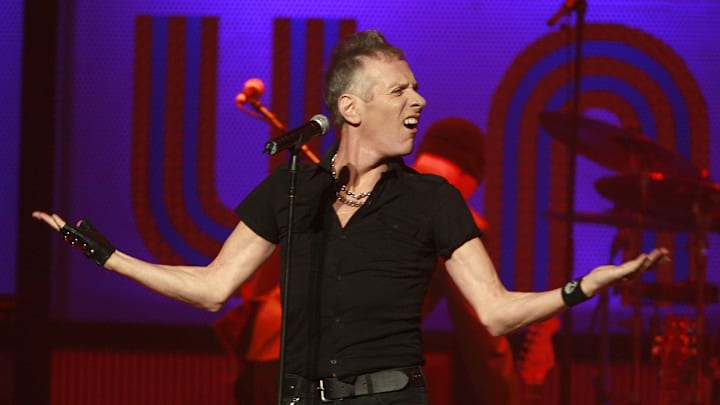“Music” - John Miles
An absolute classic song to kick off this list of five songs. It’s still astonishing that John Miles didn’t get the longer-term success as a solo artist that his talents deserved. He was recognized within the music industry and worked with many top artists.
A regular in Tina Turner's tour band, Miles also played on a Jimmy Page album and many of The Alan Parsons Project records. It was Alan Parsons who produced the song “Music”, Miles’ biggest hit. Parson’s production may have influenced the slight prog rock flavor to the song, but it’s Miles who has the writing credits. He also picked up an Ivor Novello Award for “Music” in 1977.
Released in 1976 from the album Rebel ”Music” is such an amazing song going through many twists and turns. The opening piano and soft voice lead you in, a brilliant guitar riff picks up the beat soon after followed by a soaring lead guitar. Then back to the simple piano and vocals, already my head is turned at the diversity of the sounds.
An almost symphonic orchestral sound takes over and it’s like a huge film score for a short while. The guitars return, a pacy rhythm is back and the song builds to a stunning conclusion. Superb vocals from Miles, a terrific song and one that has your attention throughout, such a clever and memorable song.
“Hold back the night” - Graham Parker And The Rumour
Graham Parker And The Rumour was another pub rock band that emerged in London in the 1970s. Sometimes tagged as an Elvis Costello imitator Parker and the band predate Costello and bring a different more RnB approach at times. As this song illustrates so well.
“Hold back the night” was a huge hit for Philadelphia disco and soul stars The Trammps. So what’s a snarling rock-based, almost punk-like, Graham Parker doing covering it? A great job, that’s what. I’m not a great fan of covers of top songs, they rarely sound better. This is one of the exceptions. When it starts it sounds familiar, but soon becomes oh so different in its sound.
It opens with the same guitar sound as the original, but Parker’s version is rawer. Likewise, when his voice cuts in, it’s slightly less smooth than The Trammps version. Parker’s fiery vocal approach is to the fore here.
Both aspects are plus marks as the song has real energy and life to it. As the horns cut in and the chorus arrives you are captured by it, you don’t have to like disco to love this version. Parker hasn’t changed a lot from the original, but his distinctive voice and his slick band raise the level and make it a superb tune.
